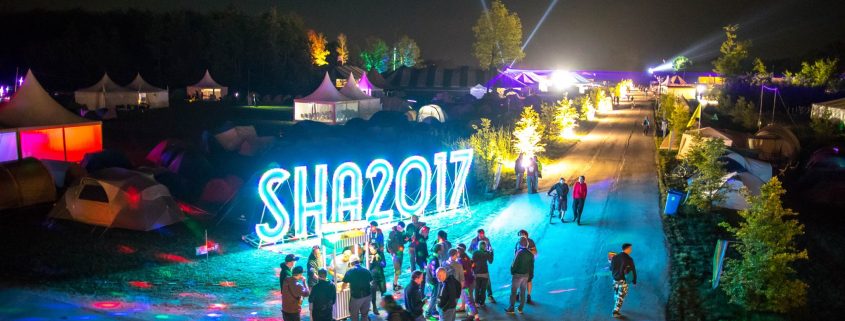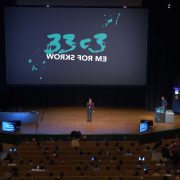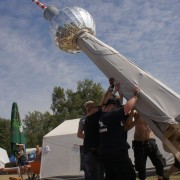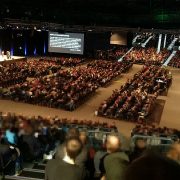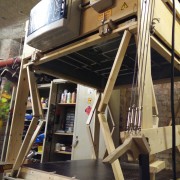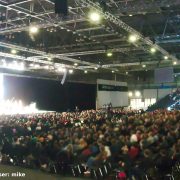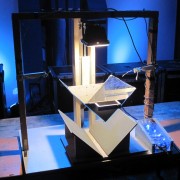Planning and Organizing the Moderators for SHA2017
Background
The SHA2017 was this year’s Dutch hacker camp. Like the german CCCamp, the Dutch camp also takes place every four years, but it is offset by two years. Unlike the CCCamp, the Dutch camp has a new name every time, so this year it’s SHA2017 (which stands for: Still Hacking Anyway)
About 3500 hackers and nerds from all over the world gathered near the Dutch town of Nijkerk to hold a conference in the open air. There were eight parallel tracks, five of which were organized decentralized by different groups. The three main tracks were organized by the content team of the event. Within the three main tracks, almost 200 lectures took place, of each of which there was a stream as well as a video recording.
Experiments
The organisation of this event was done by a crew that had never organized such an event before, some areas were organized in a way that was unfamiliar to me. This allowed me to organize some details differently and try out some new things, which I would probably not have tried at a larger event.
New was that the organizers wanted the speakers to be picked up at the speakers desk. Also new for me was that the moderators were not a sub-group of the Volunteer desk, but a sub-group of the Speakers desk. In my opinion, the first idea (picking up the speakers) brought little advantages, since many speakers came directly to the lecture tent. The second idea (Moderators are a part of the Speaker desk) I found however very good and would like to push this idea, so we can maintain this structure on the next events.
Event
The event ran without major problems or difficulties. A total of about 200 lectures were facilitated by a total of 40 volunteer moderators. Each lecture was moderated, most of the lecturers offered the opportunity to answer some questions of the audience. We also moderated these Question & Answer sessions.
The other tasks of the moderators were to ensure that each lecture began and ended punctually and that sufficient volunteers would occupy the various other positions (audio mix, stream, camera)
Fortunately, I did not have to deal with all these organizational tasks alone. The Cologne-based Katzazi and the Dutchman WitchDoc helped with the organisation. Together, we carried out the introductory events for moderators, distributed the shifts, and carried out communication with other teams and trades.
on Stage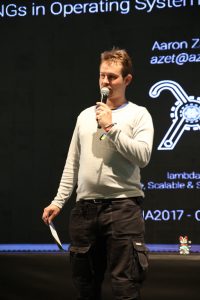
Apart from my tasks to coordinate the other Heralds I also found the opportunity to go on Stage myself. I introduced the Speakers for the Opening Session and later had the honor of introducing Bill Binney for his Talk. I also jumped in and replaced a Herald that did not show up for his shift for a Talk about Linux Random Number Generators and after the event I convinced the crowd to stack up all the chairs after the closing session ended. The view from stage when about a thousand people stack a thousand chairs in under 2 minutes has a surprising similarity to a mass brawl.
My introductory events for new moderators were also recorded, which might turn out to be a good ressource for future events.
Success
Even though not every talk started on time, I am very satisfied that every talk has ended on time, and that no delay affected the next lecture. So we did not have any cumulative delays. In particular, I would like to thank Katzazi and WitchDoc and all volunteers (angels) who helped to create this event – without you we could not have created this event.
All photos in this Blog post were made by Sebastian Humbek @jakeblau
Thank you Sebastian for allowing me to use them!


